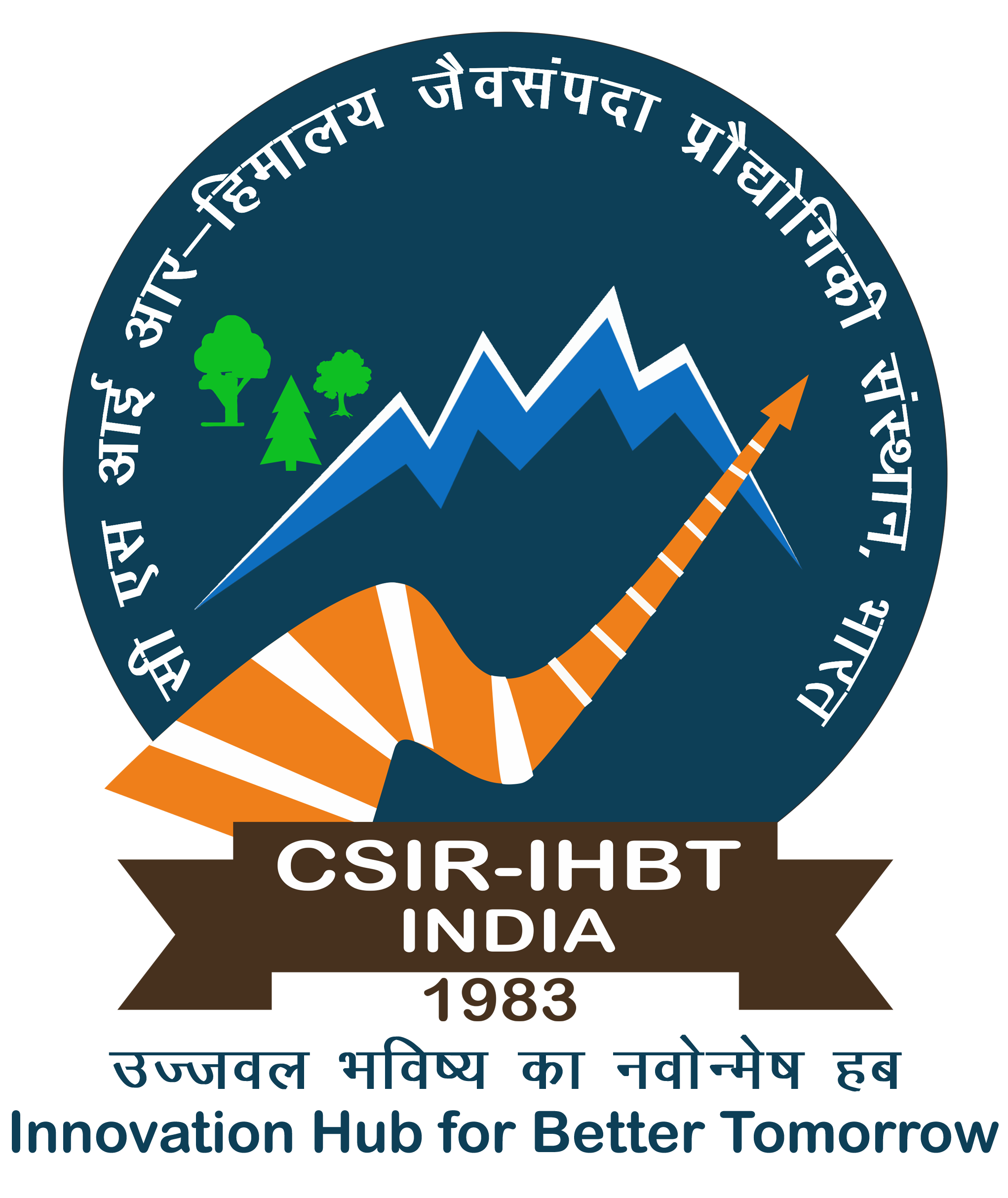Institute of Himalayan Bioresource Technology

CSIR-Institute of Himalayan Bioresource Technology is situated at Palampur, Himachal Pradesh in the lap of western Himalayas. It has a vision “to be a global leader on technologies for boosting bioeconomy through sustainable utilisation of Himalayan bioresources''. Established in 1983, it is the only constituent laboratory of CSIR in Himachal Pradesh. This institute is engaged in various advanced research aspects of Himalayan Bioresources and modern biology. It has also been imparting Ph.D. in Biological and Chemical Sciences.
The institute has a mission “to discover, innovate, develop and disseminate the processes, products and technologies from Himalayan bioresources for society, industry, environment and academia”.